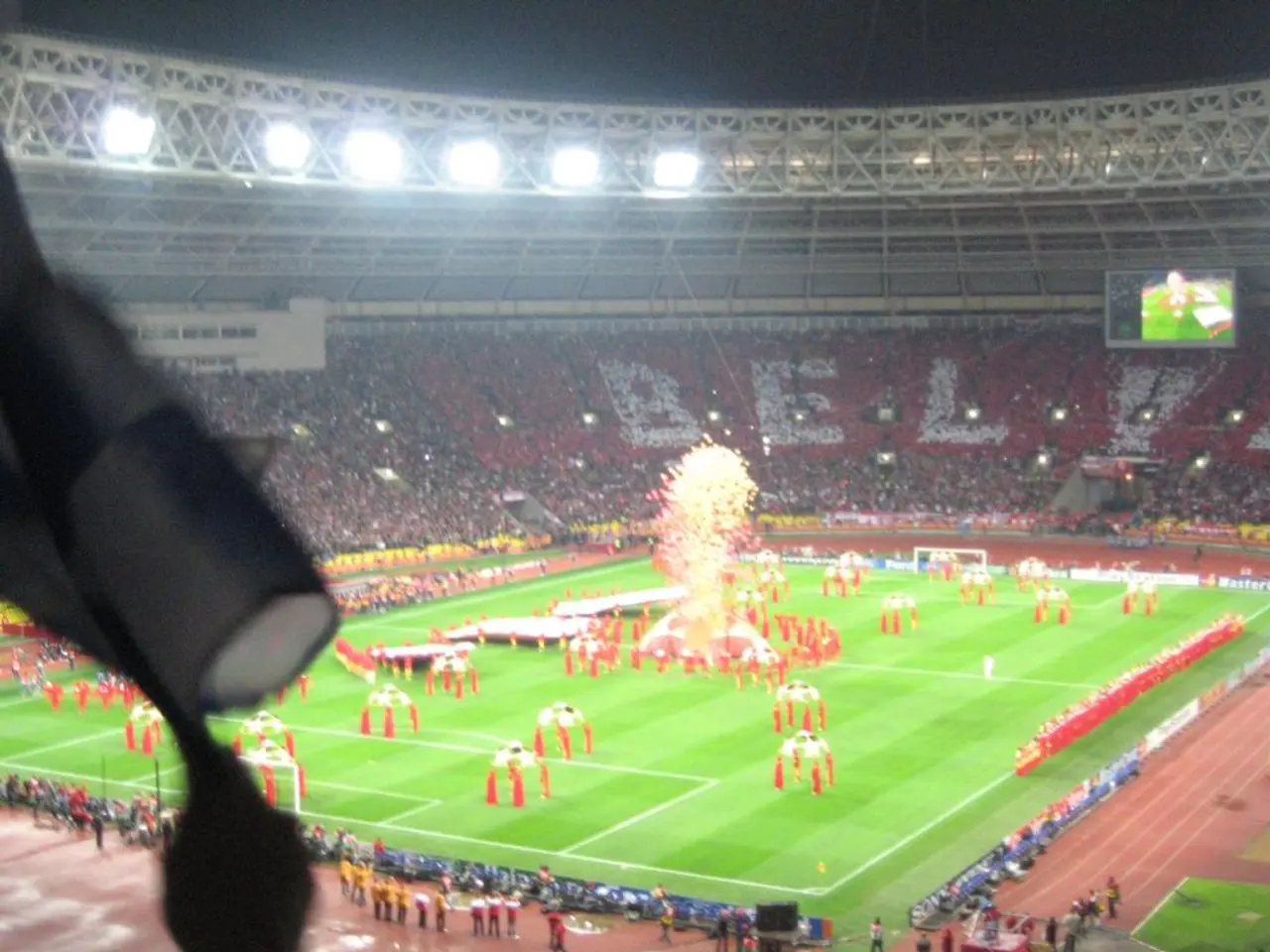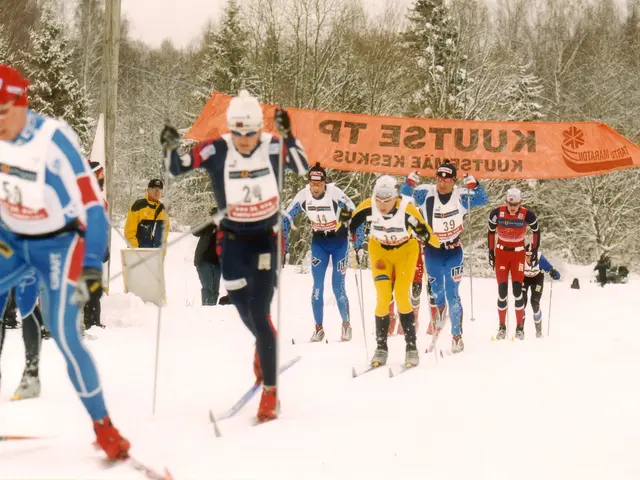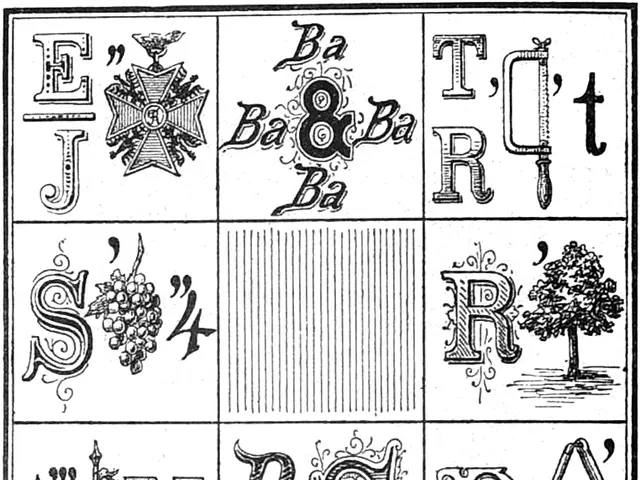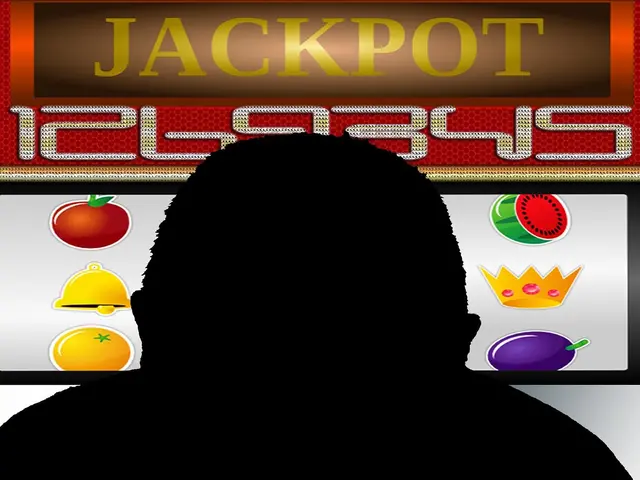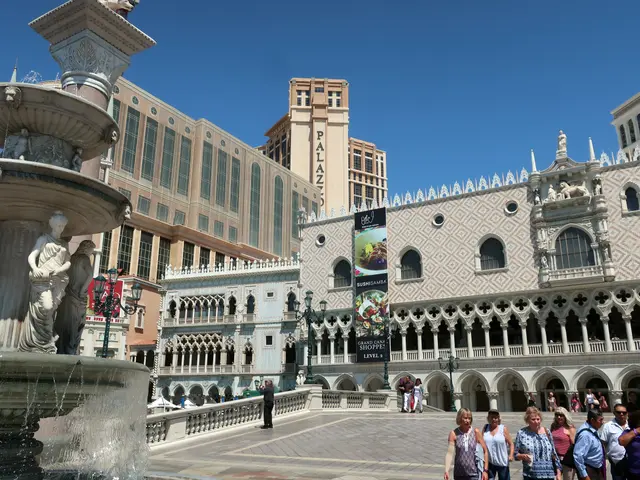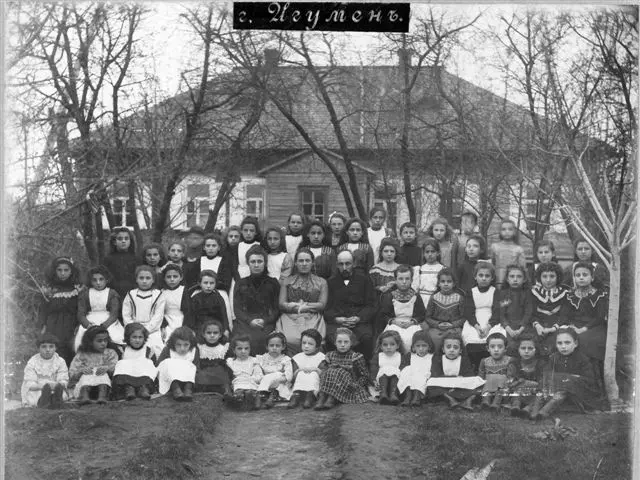Minneapolis's Minnesota Wild Hockey Stadium Receives New Name: Grand Casino Arena Following Native American Gaming Agreement
Mille Lacs Band Secures Naming Rights for Minnesota Wild's Stadium
The Mille Lacs Band of Ojibwe has made a strategic move to boost visibility and brand recognition by securing a 14-year naming rights deal for the Xcel Energy Center, home of the Minnesota Wild NHL team. The stadium will be renamed the Grand Casino Arena starting September 3, 2025.
This deal marks a growing trend of tribal gaming partnerships in pro sports sponsorships. For instance, the Gila River Indian Community's casinos partnered with the Arizona Coyotes in 2014.
The Grand Casino Arena represents the strength of tribal enterprise and the ongoing investment in Minnesota's future, according to Mille Lacs Band Chief Executive Virgil Wind. He stated that securing high-profile naming rights, such as the Grand Casino Arena, is aimed at boosting brand visibility and connecting with new audiences.
Ronda Weizenegger, Grand Casino CEO, echoed Wind's sentiments, stating that the new deal is a significant move for the Grand Casino brand. The Mille Lacs Band is proud to partner with the Minnesota Wild for this endeavour.
The stadium development, if approved, would aim to enhance the accessibility, security, and overall fan experience at the arena. The Wild and the City are seeking state funding to help pay for upgrades. Officials have requested $50 million from the state, a reduction from an earlier $394 million request for arena renovations.
The Grand Casino Mille Lacs and Grand Casino Hinckley, operated by the Mille Lacs Band, will benefit from the increased visibility. The Grand Casino brand will be exposed to millions of Minnesotans and visitors annually due to the naming rights deal, according to Wind.
The deal does not affect the ongoing partnership between the Mille Lacs Band and Xcel Energy. Xcel Energy will remain a partner with the Minnesota Wild, working together on community hockey programs.
This strategic move is aimed at boosting tribal casino and brand visibility in a wider market beyond traditional gaming spaces. It also promotes economic development by associating tribal gaming operations with major sports franchises and events, which draws attention and tourism. Moreover, it enhances brand prestige and market reach at a relatively high-profile but cost-effective level compared to other forms of advertising.
It can also serve as a form of public relations and community engagement, helping tribes position themselves as significant stakeholders in local and regional economies. By leveraging sports venue naming rights, tribal gaming entities expand their marketing footprint and potentially attract new customers and business opportunities outside the immediate casino environment.
No tribal government funds were used for the naming rights deal, which was paid through the casino's existing marketing budget. The Grand Casino Arena deal is one of the top five most lucrative naming-rights deals for an NHL arena, according to SportsBusiness sources. The Xcel Energy Center, also known as "The X", opened in 2000, and the previous naming rights deal expired after 25 years.
- The 14-year naming rights deal for the Xcel Energy Center, home of the Minnesota Wild NHL team, has been secured by the Mille Lacs Band of Ojibwe.
- Starting September 3, 2025, the stadium will be known as the Grand Casino Arena.
- This deal represents a trend in pro sports sponsorships, with tribal gaming partnerships becoming more common.
- Mille Lacs Band Chief Executive Virgil Wind believes the Grand Casino Arena deal will boost brand visibility and connect with new audiences.
- The stadium development aims to enhance fan experience, accessibility, and security, with state funding being sought to cover upgrades.
- The Grand Casino Mille Lacs and Grand Casino Hinckley, operated by the Mille Lacs Band, will gain increased visibility due to the naming rights deal.
- The Grand Casino Arena deal is one of the top five most lucrative naming-rights deals for an NHL arena, as reported by SportsBusiness sources, and does not involve the use of tribal government funds, which were instead paid through the casino's existing marketing budget.
